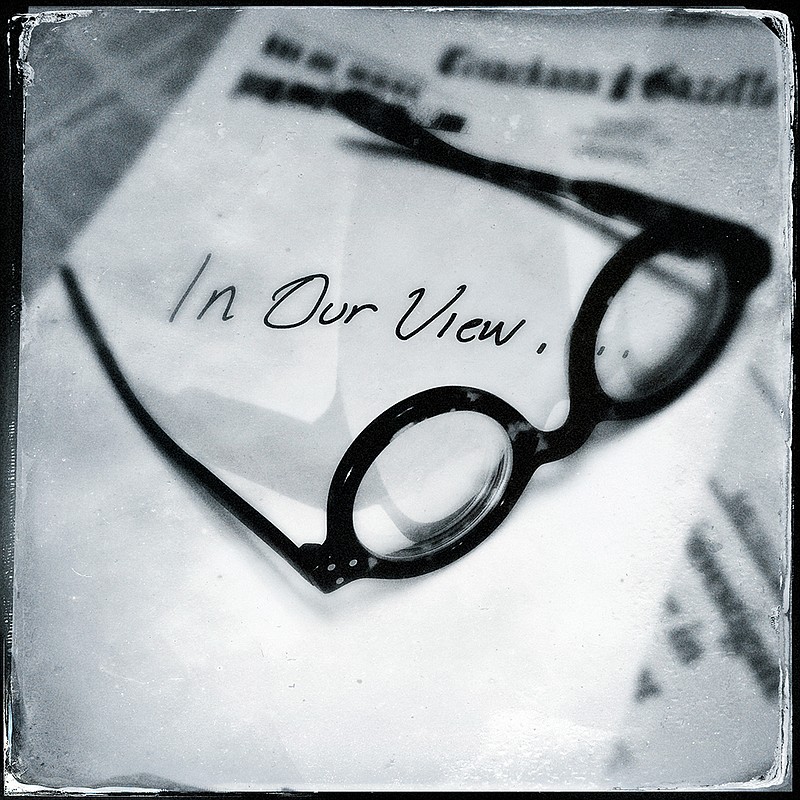If there's one thing you can say about the nation's highest court these days, it's that it's unpredictable.
Just recently various justices from the conservative wing have sided with the four liberals on the U.S. Supreme Court in three major decisions.
First, by a 6-3 vote, the justices ruled that Title VII of the 1964 civil Rights Act prohibits discrimination based on sexual orientation or gender identity. Associate Justice Neil Gorsuch - who was appointed by President Donald Trump - wrote the majority opinion.
Then, in a 5-4 decision, the court's four liberals joined by Chief Justice John Roberts blocked the administration from ending the Deferred Action for Childhood Arrivals program, commonly known as DACA, which allows those who were brought to this country illegally as children temporary protection from deportation and a path to a work permit.
And just this week, the court struck down a Louisiana abortion law this week, again with the concurrence of the chief justice.
Well, the earth righted itself on its axis Tuesday, when the five conservative justices aligned to strike down a Montana ban on taxpayer funding for private religious schools.
The state created a private school scholarship program that gave residents a tax credit for making donations. But those scholarships could not be used at religious schools.
A group of parents sued and they won in a lower court. But on appeal the whole program was eventually thrown out by the Montana Supreme Court.
The parents took their case to the Supreme Court, which ruled 5-4 that the ban was discriminatory against religious-based schools.
"A State need not subsidize private education. But once a State decides to do so, it cannot disqualify some private schools solely because they are religious," Roberts wrote for the majority.
In the 2002 case Zelman v. Simmons-Harris, the court ruled 5-4 that a state could choose to offer vouchers to private schools, including those of a religious character. Now, with this decision, if a state gives any aid to non-sectarian schools, they are compelled to also aid religious schools. That's a big shift.
Right now, 38 state constitutions ban aid to religious schools. So this could be a win for religious schools - or it could be a loss for all private schools should those states decide to pull back completely from aiding private education to avoid conflicts.

